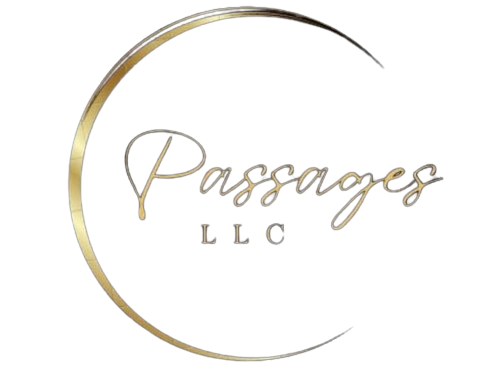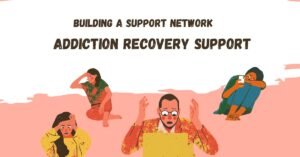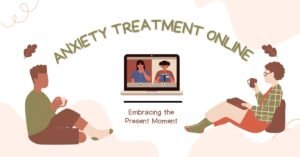Discussion between Sarah and Dr. Matthews (Cognitive Behavioral Therapy)
In the cozy, welcoming atmosphere of Passages LLC, a patient, Sarah, sits across from her counselor, Dr. Matthews, eager to learn more about Cognitive Behavioral Therapy (CBT), a cornerstone of mental health treatment.
Sarah: “Dr. Matthews, I’ve heard a lot about Cognitive Behavioral Therapy lately, but I’m not quite sure I understand what it’s all about. Could you shed some light on the principle that underlies Cognitive Behavioral Therapy?”
Dr. Matthews: “Of course, Sarah. Cognitive Behavioral Therapy is based on the fundamental principle that our thoughts, feelings, and behaviors are interconnected. In other words, the way we think about situations influences how we feel and how we behave in response.”
Sarah: “Hmm, that makes sense. So, you’re saying that our thoughts can affect our emotions and actions?”
Dr. Matthews: “Exactly. Let me give you an example. Imagine you have an upcoming job interview. If you approach it with thoughts like, ‘I’m not good enough,’ or ‘I’ll never get this job,’ you’re likely to feel anxious or discouraged. These feelings might lead you to avoid preparing adequately or even skip the interview altogether, reinforcing those negative beliefs.”
Sarah: “That sounds like a vicious cycle.”
Dr. Matthews: “Indeed, it can be. But the beauty of Cognitive Behavioral Therapy lies in its ability to interrupt that cycle by helping individuals identify and challenge their negative thoughts and beliefs. Through therapy, you learn to replace those unhelpful thoughts with more realistic and constructive ones.”
Sarah: “So, it’s about changing the way we think to improve how we feel and behave?”
Dr. Matthews: “Exactly. By shifting your perspective and developing more adaptive ways of thinking, you can experience profound changes in your emotions and behaviors. This process empowers you to break free from negative patterns and cultivate healthier coping mechanisms.”
Sarah: “That sounds promising. But how does CBT actually work in practice?”
Dr. Matthews: “CBT is highly structured and goal-oriented. In therapy sessions, we work collaboratively to identify specific goals and develop strategies to achieve them. You’ll learn practical techniques, such as cognitive restructuring, where we challenge and reframe negative thoughts, and behavioral experiments, where we test out new behaviors to see their effects.”
Sarah: “It sounds like there’s a lot of active participation involved.”
Dr. Matthews: “Absolutely. CBT is not just about talking; it’s about taking action and implementing positive changes in your life. With practice and persistence, you’ll gradually build resilience and confidence in managing challenging situations.”
Sarah: “Thank you, Dr. Matthews, for explaining it so clearly. I feel more hopeful about the possibilities of CBT now.”
Dr. Matthews: “You’re welcome, Sarah. Remember, CBT is a collaborative journey, and I’ll be here to support you every step of the way.”
In the comforting space of Passages LLC, Sarah takes the first step on her journey of self-discovery and healing, armed with newfound knowledge about the transformative power of Cognitive Behavioral Therapy.
If you’re ready to explore the benefits of CBT and embark on your own journey towards positive change, don’t hesitate to reach out to Passages LLC at 304-972-6767. Together, we’ll navigate the path to a brighter, more fulfilling future.







